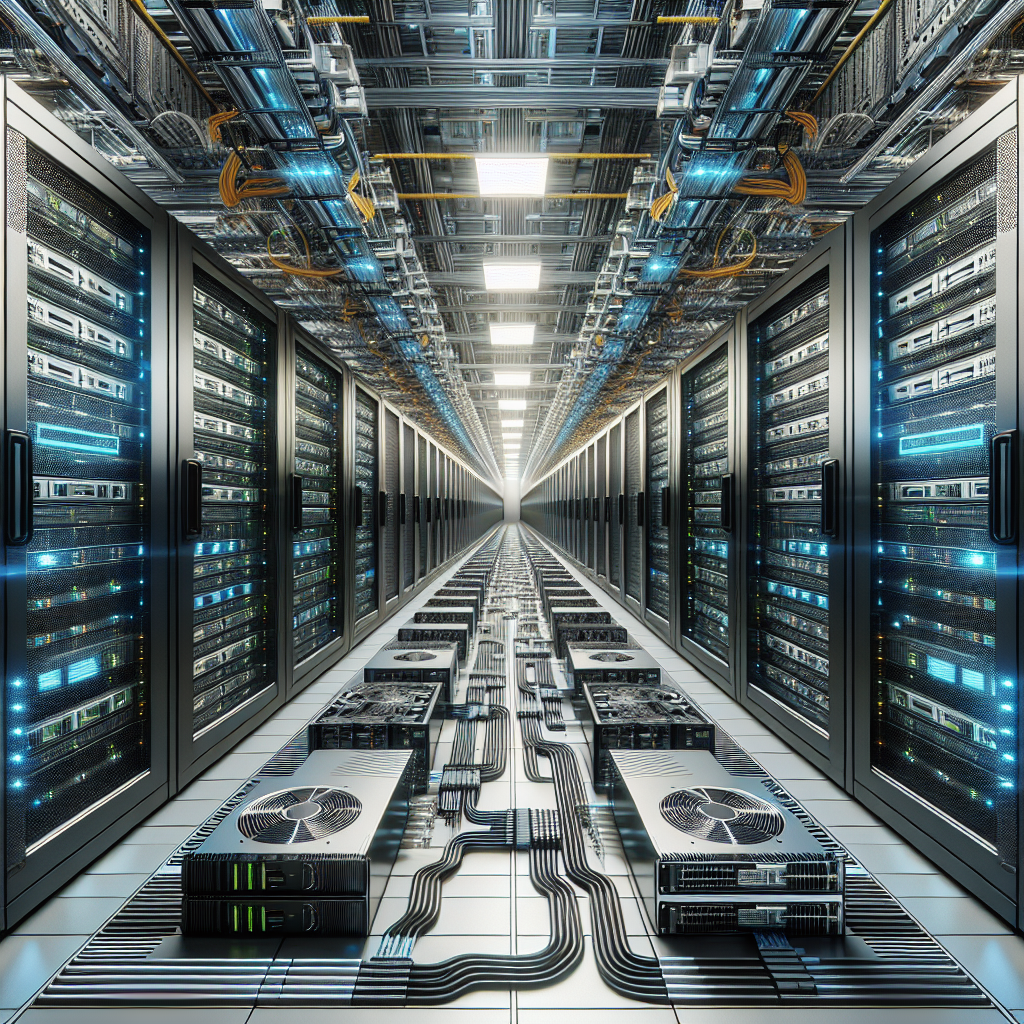Improving Performance: Key Considerations for Data Center Optimization
In today’s digital age, data centers play a crucial role in supporting the operations of businesses of all sizes. These facilities house the servers, storage, and networking equipment that enable organizations to store, manage, and process vast amounts of data. As data center operations continue to grow in complexity and scale, optimizing performance becomes increasingly important to ensure efficient and cost-effective operations.
There are several key considerations that organizations must keep in mind when it comes to optimizing data center performance. By addressing these factors, businesses can enhance the reliability, availability, and efficiency of their data center operations.
One of the first considerations for data center optimization is ensuring proper capacity planning. Organizations must accurately forecast their future data storage and processing needs to determine the appropriate amount of hardware and infrastructure required to support their operations. By right-sizing their data center resources, businesses can avoid overprovisioning, which can lead to wasted resources and increased costs.
Another important factor in data center optimization is maximizing energy efficiency. Data centers are known for their high energy consumption, so implementing energy-efficient practices can help reduce operating costs and minimize environmental impact. This can include using energy-efficient hardware, optimizing cooling systems, and implementing virtualization technologies to consolidate servers and reduce power consumption.
In addition to capacity planning and energy efficiency, organizations must also consider the importance of data center security and compliance. Protecting sensitive data and ensuring regulatory compliance are critical concerns for businesses operating data centers. Implementing robust security measures, such as access controls, encryption, and monitoring tools, can help safeguard data and prevent unauthorized access.
Furthermore, organizations should focus on implementing performance monitoring and management tools to track the performance of their data center infrastructure. By monitoring key performance metrics, businesses can identify potential bottlenecks or issues that may impact performance and take proactive measures to address them.
Overall, optimizing data center performance requires a holistic approach that takes into account capacity planning, energy efficiency, security, and performance monitoring. By focusing on these key considerations, organizations can improve the reliability, availability, and efficiency of their data center operations, ultimately enabling them to better support their business needs in today’s digital landscape.


